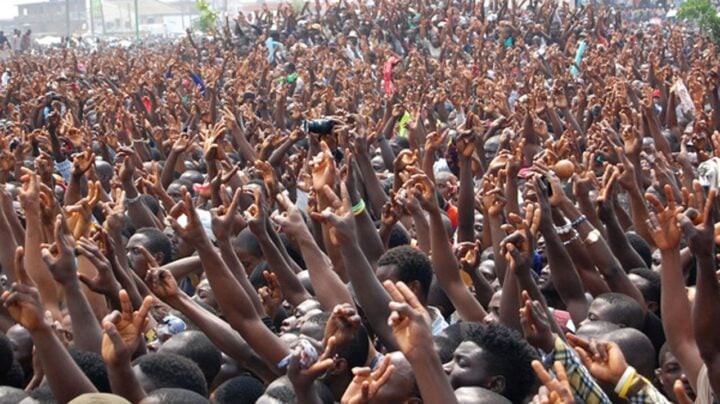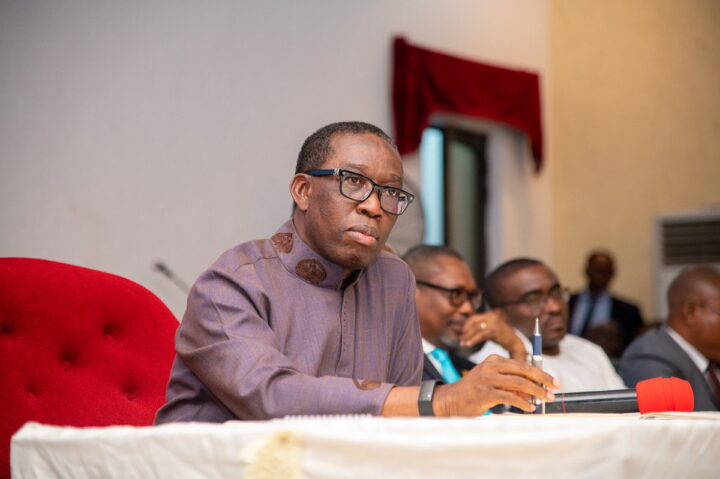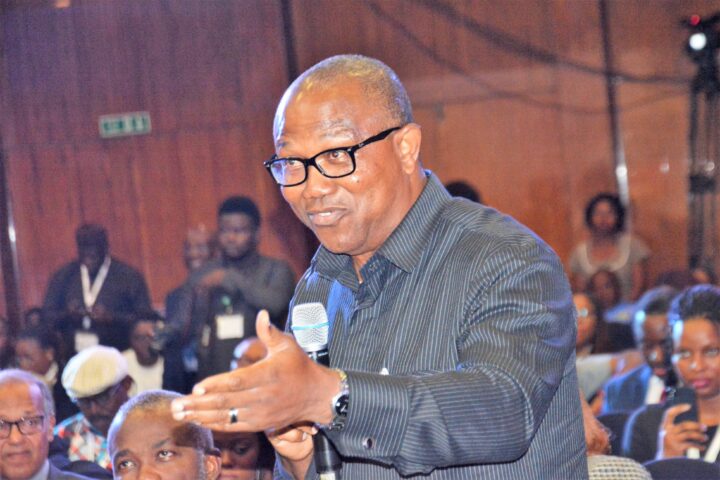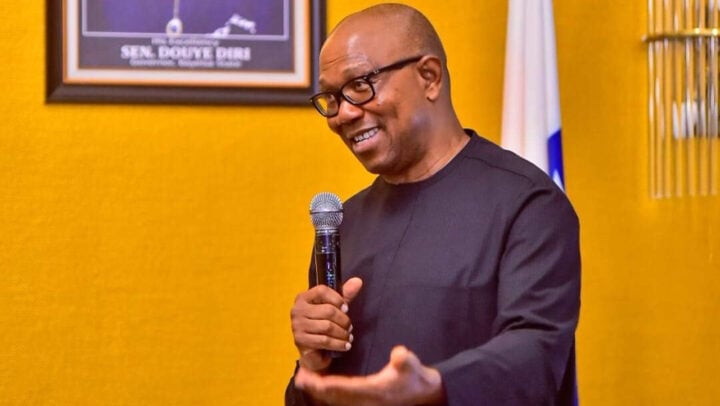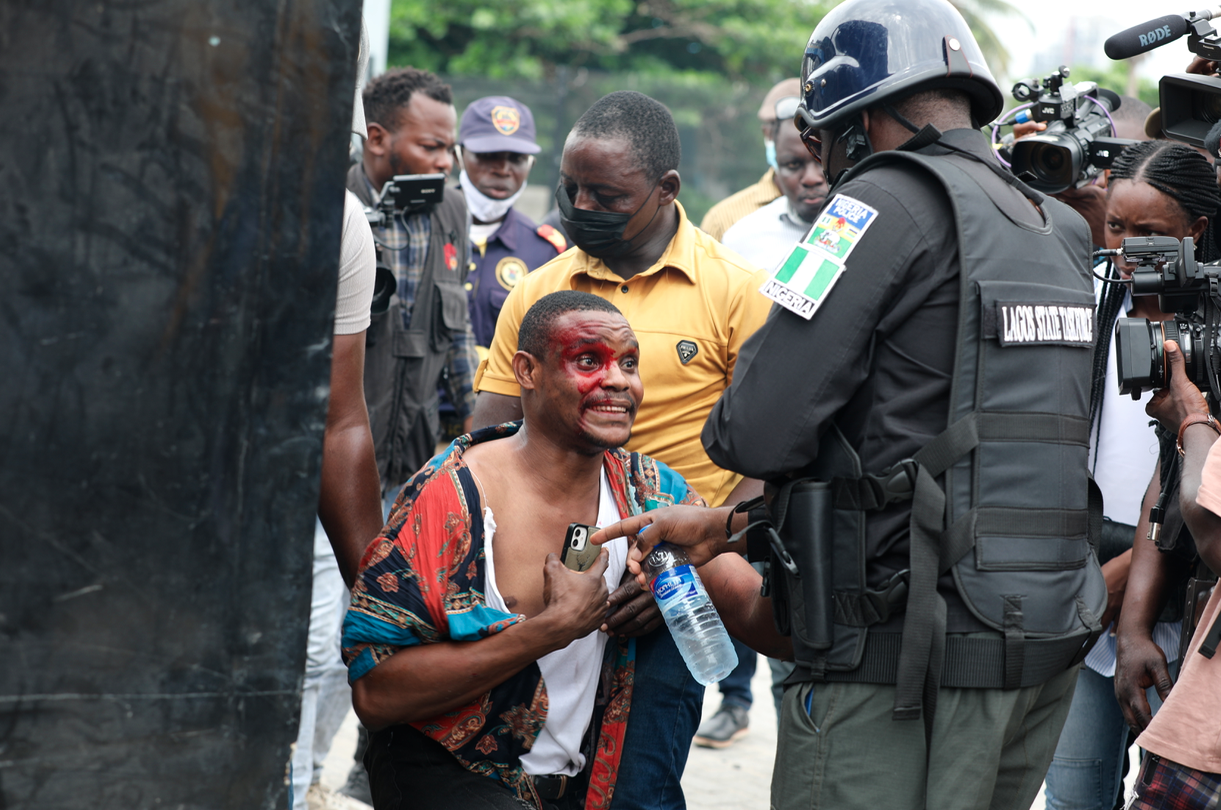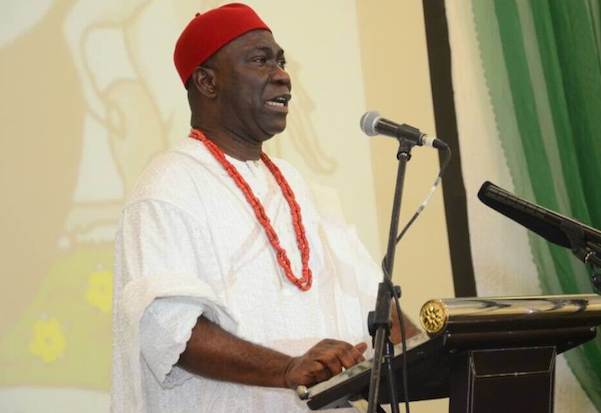File photo of Nigerian youths in a gathering
In 2020, the country’s young people decided to have another go at enforcing a change. This was the #EndSARS protests of October that year. The extermination of the movement by the military put out the revolutionary fervour that any youth might have had in his notion of a better Nigeria. That trauma still affects many of his peers, adding to the mammoth problem of voter and political apathy which is the bane of our democracy today.
There is a prevailing notion in Nigeria that the youths are (historically) left out of critical policy and general governance issues in Nigeria. On some examination, this is true, given the form of gerontocracy that Nigeria practices. We are a country of young people, with a median age of 19.1 in an environment (Africa) with 18 as its median age. This means a third of our population is about 25 years old or younger. Despite this, none of the persons who have ruled Nigeria (ruled, for lack of the much better “led”) was born post-independence. Next year’s presidential election pits septuagenarians as the main challengers from the two major parties.
Clearly, there is a gaping hole of a disconnect. The distance between the past where ironically our military rulers were youthful, and now when young people are good enough for just cannon fodder positions is filled by worsening economic fortunes. To put it simply, the political elites run a classist economic system that resembles feudalism more than a modern working system. In a way, this creates different classes of people and importantly, alienation from the people who are left to deal with the existing realities.
To reverse this, we must take trips back to the old days. Most of the young people who participated in leadership in the formative years of this country got into government at an early age. The young officers who led the July counter-coup of 1966 were encouraged to join the Nigerian Army to participate in the national process by Muhammadu Ribadu, the minister of defence in the First Republic. Over the years, this initiative has been lost for parochial and self-serving reasons. And so, we have a case where the national leadership has no such interest, young people have to take that burden on themselves. This is what led to the success of the Not Too Young To Run Movement which reduced the age for seeking elective offices.
Advertisement
Furthermore, organisation is important. The #EndSARS protest was the clearest example of the essence of organisation and aggregation of collective interests. The anti-police brutality movement, for a while at least, united young people across parties and ethnic nationalities by a simple shared status of victimhood of police excesses. It also brought to the fore the ability of young Nigerians to organise outside the existing constraints of a government clampdown on financial transactions. To influence policy and participate in governance, that ability will have to be revived. For that to happen, the effort must be genuine and free from the mud of ethnoreligious colourations that is the bane of most socio-political movements in Nigeria.
In line with participation, support for policy is important. This has less to do with blind support that often cuts across party lines as it has more to do with inclusivity. For instance, the recent voter registration exercise has seen a surge of potential young voters who, by some indication, are seeking to rebel against the existing structure. There are organisations committed to ensuring that the exercise is continuous, keeping in line with the electoral act that mandates INEC to keep registration open till a few weeks before elections. SERAP took on the initiative to make this enforceable. There has to be a communication of support for certain actions. Social media has made this easy as well as the work of polling agencies.
Critically, the fastest vehicle for policy support and/or change for young people is the joining of political parties. Although Nigeria’s political system does not fit the conventional definitions of political ideology, most policies especially at the federal level can be tied to the orientation of the person of the president a given party produces. Presidential candidates present their manifesto in line with the parties’. To have a say in the direction of the country, young people have to get directly involved in party politics and rise through the ranks of the parties. This is so they can have a chance to become delegates in future. The delegate system throws up elected leadership. This is as foundational as it can get. To change things, people have to get involved and make their cases for a change.
Advertisement
The upcoming elections present a great opportunity for a youth-led political uprising (not in the sense of violence) at a proportion the country has not seen in its recent history. There is only so much that can and should be done.
Nwanze is a partner at SBM Intelligence
Views expressed by contributors are strictly personal and not of TheCable.
Add a comment

